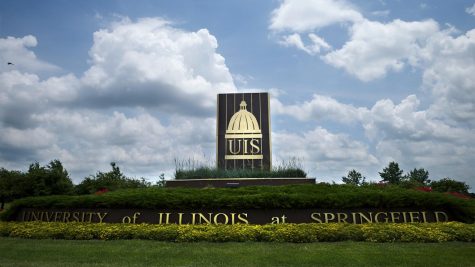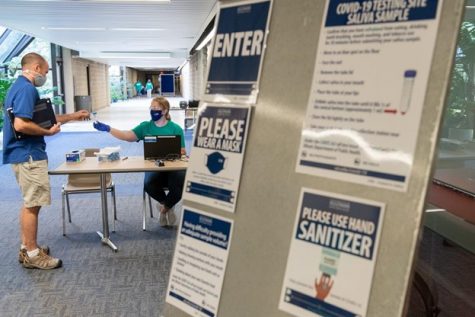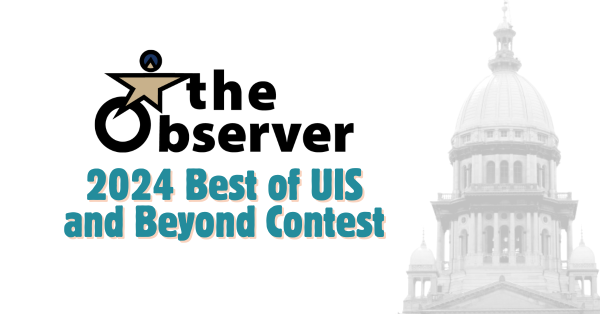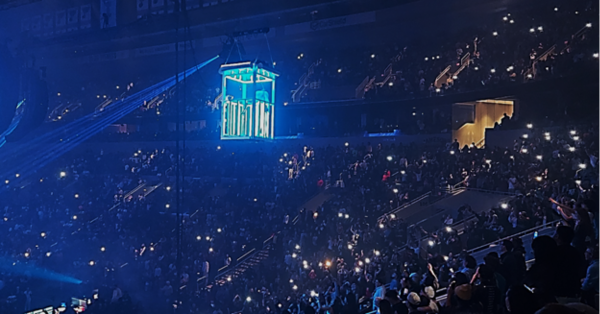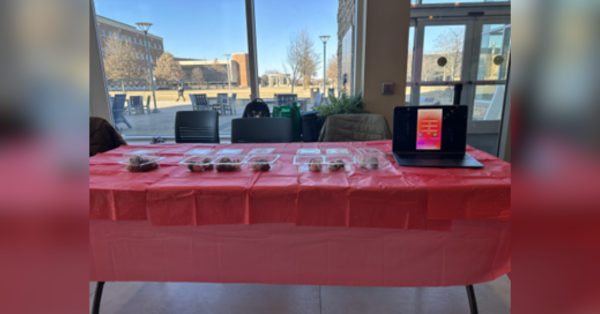Student Informants and the Issue of Privacy
The debate over the importance of privacy versus security is an old and reoccurring one. With different people in positions of power having varying stances on which is more important, it seems as if the views of students may sometimes be left out when deciding which should be valued more. A lack of privacy and enhancement of security has been taking place throughout the University of Illinois school system, potentially without any student knowledge. A piece of information that has come to light is that the presence of nondescript, unnoticeable cameras stationed around the campuses. The concept of being watched by technology is not a new theme in many people’s lives. However, what many individuals on campus may not know is that the University of Illinois system may utilize student informants on their campuses. On top of that, this information on how informants are used on campus is not accessible to the general public. The rules state that “A meeting may be closed to discuss the following: … Informant sources, the hiring or assignment of undercover personnel or equipment, or ongoing, prior or future criminal investigations when discussed by a public body with criminal investigatory responsibilities.” This statute makes sure that any potential FOIA request will be denied and all information discussed will be kept private.
With this information being brought to light, many questions rise to the surface. What students are chosen to become informants? What information is the university looking for? Is this a fair practice to implement at a university? None of these questions have clear answers. The purpose of a university is to teach and give students valuable skills to take with them in their careers. Choosing students, with whatever formula is used, to become informants on their peers for unclear purposes can cause mistrust and challenge the ideals of the institution. If each student is admitted after meeting the school’s requirements to attend classes and better themselves, why are they being secretly monitored? What assumptions is the system making about its students?
Little is known about the informants who are potentially hired at UIS. Looking at released information, the University of Illinois in Urbana-Champaign hires about 20 to 30 student informants per year. An average of around 52,000 students on the UIUC campus means if 30 student informants are hired, there is one for about every 1,700 students. If that same ratio is applied to UIS, there would only be two or three student informants hired for the campus.
Aislinn Diaz, the president of the Student Government Association, gave her statement on the topic. Even as a prominent student leader on campus, she had no idea that this program existed. She stated:
“If this policy is currently active and in use, then I one hundred percent believe it should come to an end immediately. If students were to find out that their fellow peers could be informing the campus about what they do in their own private time and space, it will lead to distrust in their fellow peers and the administration… Using students to spy on other students is not a solution to anything and will ultimately lead to more problems.”
With the information being pushed into the public’s consciousness, all eyes turn to the University of Illinois system to provide justification for continuing a program that sacrifices privacy in the name of subjective security.







